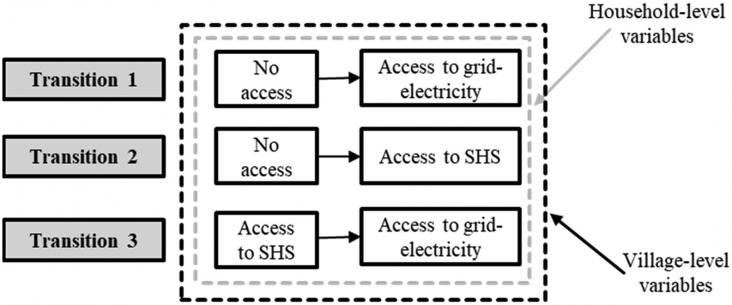The goal of this review is to highlight the implications of climate change on the health of Karachi residents and actions which need to be undertaken for the betterment of future environmental policies.

This paper explores how environmental activism is linked to two forms of environmental social identity (identifying as part of nature and identifying as part of a collective struggle to protect the environment), and how that relates to observable forms of environmental activism.
An improved understanding of public support is essential to design effective and feasible climate policies for aviation.
Background: In 2020, human society underwent several drastic changes due to the coronavirus disease 2019 (COVID-19) pandemic, which generated an unprecedented global impact.
The clown anemonefish (Amphiprion ocellaris) is a common model species in studies assessing the impact of climate changes on tropical coral fish physiology, metabolism, growth, and stress.

This paper presents an analysis of the path towards a clean energy transition in rural areas, from the time that households do not have electricity access from any source, to when they get access t
Compared to other climate regions of the world, Mediterranean regions are likely to experience more severe effects of climate change as rainfall decreases and temperatures increase.
This paper investigated the ways in which air pollution can be reduced through enhanced environmental sustainability by looking at groundwater, soil and stream sediment samples.
Implementation of the effective mitigation scenarios discussed in the article might help China, as a signatory to the 2015 United Nations Framework Convention on Climate Change (Paris Agreement), to achieve a 30% reduction in crop yield-scaled N2O emissions by 2030.
A Commentary on the Healthy People 2030 roadmap, in the context of SDGs 3 and 10, focusing specifically on the potential of this initiative in addressing upstream determinants of health to achieve health equity across the USA.
